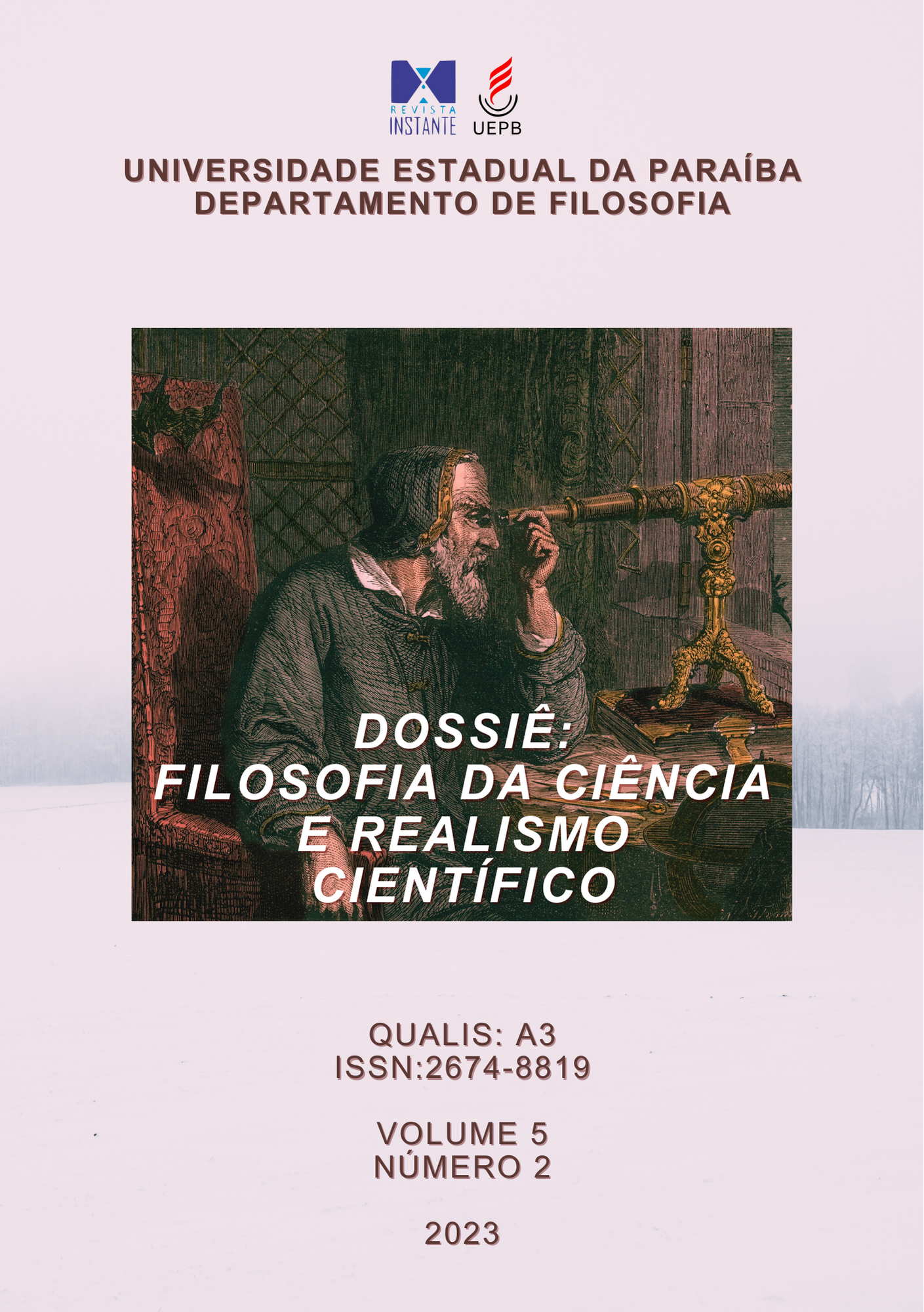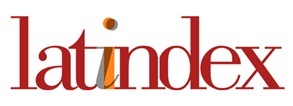REALISM AND ANTI-REALISM IN THE PHILOSOPHY OF MATHEMATICS
Keywords:
Mathematics. Ontology. Relativism. Platonism. Fictionalism.Abstract
In this paper I review and analyze a series of proposals that represent the debate between the supporters of mathematical realism and its rivals. I list their various kinds of theses and their most characteristic arguments. I pay special attention to mathematical platonism, Popper's anomalous platonism and fictionalism. On the basis of the contributions of Carnap, Quine and Putnam, I try to show that the affirmation of the existence of mathematical entities is not necessarily a thesis proper to speculative metaphysics but the result of a choice within the framework of ontological relativism. I conclude that although there are no definitive arguments that show a convincing victory of platonism over fictionalism or vice versa, there are considerable reasons to recognize some mode of existence to abstract entities, in which case mathematical platonism enjoys a certain advantage.
References
ALSPECTOR-KELLY, M. On Quine on Carnap on ontology. Philosophical Studies, 102 (1), 2001, pp. 93-122.
BENACERRAF, Paul. Mathematical Truth. The Journal of Philosophy 70 (8), 1973, pp. 661-80.
BUENO, O. Mathematical Fictionalism in BUENO, O. and LINNEBO, Ø., eds., New Waves in Philosophy of Mathematics (Hampshire: Palgrave MacMillan), 2009, pp. 59-79.
BURGESS, J. “Why I am Not a Nominalist,” Notre Dame Journal of Formal Logic, 24, 1983, pp. 93–105.
CARNAP, R. “Empiricism, Semantics, and Ontology”, Revue Internationale de Philosophie, 4, 1950, pp. 20–40; reprinted in Carnap 1956, pp. 205–21.
COHEN, L.J. Third World Epistemology. In: CURRIE, G., MUSGRAVE, A. (eds) Popper and the Human Sciences. Nijhoff International Philosophy Series, 1985, vol 19. Springer. https://doi.org/10.1007/978-94-009-5093-1_1.
FIELD, H. Science Without Numbers, Princeton, NJ: Princeton University Press, 1980.
GADENNE, V. Is Popper’s Third World Autonomous? Philosophy of the Social Sciences, 46(3), 2016, pp. 288-303. https://doi.org/10.1177/0048393116639228.
MADDY, Penelope. Realism in Mathematics, Oxford: Clarendon, 1990.
NIINILUOTO, I. World 3: a critical defence. In Karl Popper: a centenary assessment, 2006 (pp. 59-69). Ashgate.
POPPER, K. Objective Knowledge. Oxford: Clarendon Press, 1972.
__________. Replies to My Critics. In: SCHILPP, Paul Arthur (ed.), The Philosophy of Karl Popper, 2 volumes, La Salle, IL: Open Court Press, 1974.
PRICE, H. Quining naturalism. The Journal of Philosophy, 104(8), 2007, pp. 375–402.
__________. Metaphysics after Carnap: The ghost who walks? In D. Chalmers, D. Manley, & R. Wasserman (Eds.), Metametaphysics: New essays on the foundations of ontology Oxford: Oxford University Press, 2009, pp. 320–346.
QUINE, W.V.O. Existence and Quantification. In: Ontological Relativity and Other Essays, New York: Columbia University Press, 1969, pp. 91–113.
__________. (1948). “On What There Is,” reprinted in Quine (1961), pp. 1–19.
__________. (1951a). The scope and language of science. In W. V. Quine. The ways of paradox and other essays. Random House, New York, 1966, pp. 228-245.
__________. (1951b). Two Dogmas of Empiricism. Reprinted in Quine (1961), pp. 20–46.
__________. From a Logical Point of View, 2º ed., New York: Harper and Row, 1961.
__________. Desde un punto de vista lógico, Ariel: Barcelona, 1962.
VAN FRAASSEN, B. C. (1980). The Scientific Image. Oxford: Clarendon Press. (v.e. La imagen científica. México: Paidós; UNAM, 1996.
VERHAEGH, S. Blurring Boundaries: Carnap, Quine, and the Internal–External Distinction. Erkenntnis 82, 2017, pp. 873–890. https://doi.org/10.1007/s10670-016-9848.










